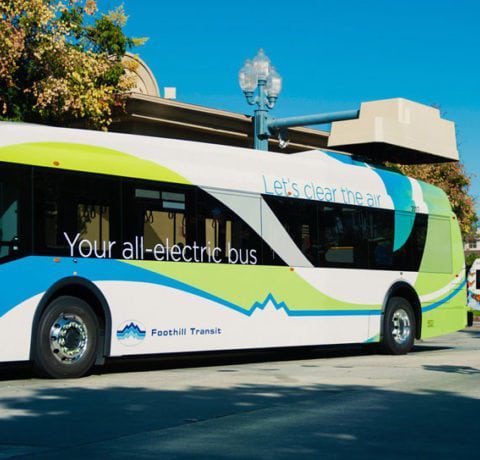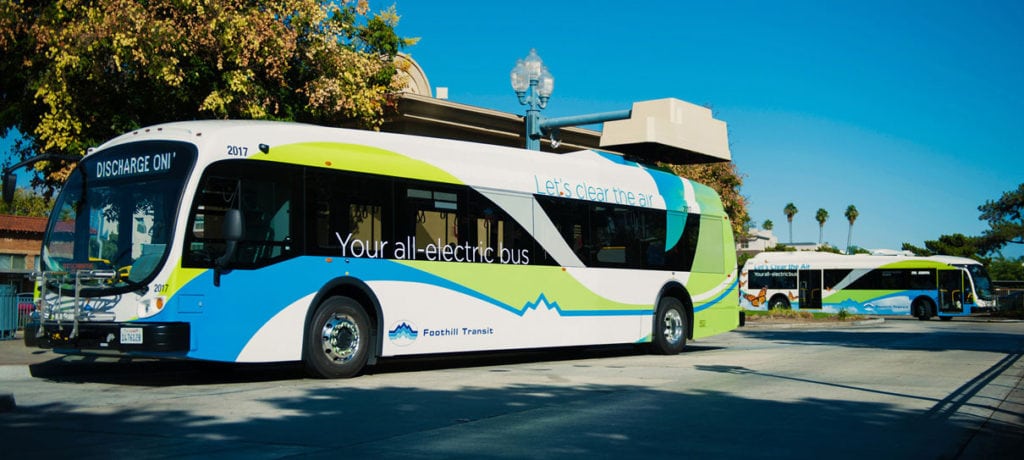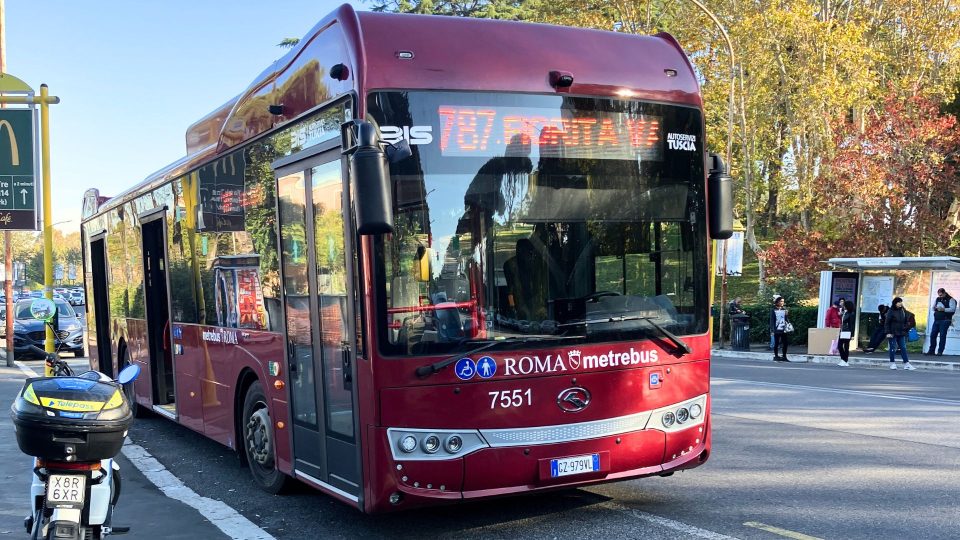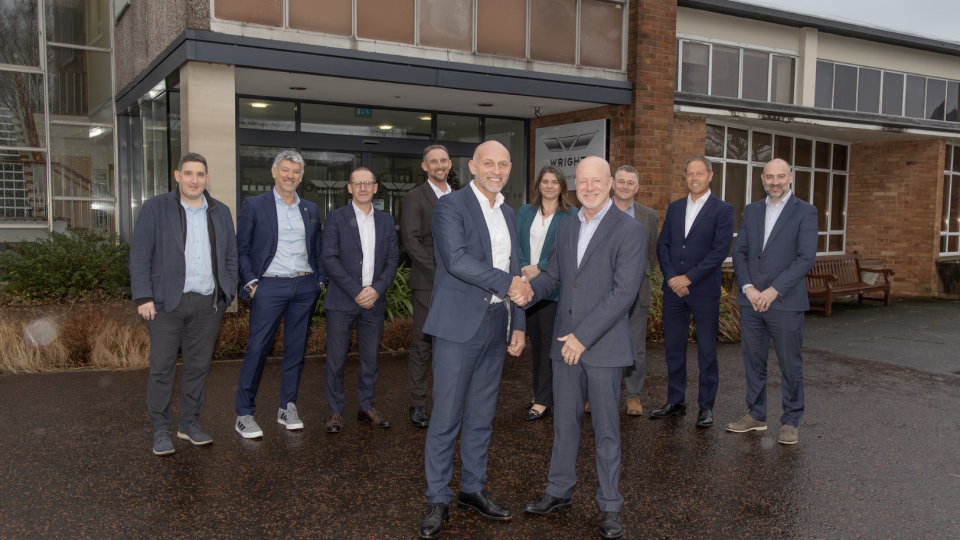CTE issues a new report addressed at the zero-emission bus industry
The Center for Transportation and the Environment (CTE) announces the release of the Transit Vehicle Innovation Deployment Centers (TVIDC) Advisory Panel Overview and Conclusions report. This report, prepared by CTE and published by the Federal Transit Administration (FTA), is the culmination of discussions held by the CTE-led Advisory Panel. The report provides the conclusions of […]

The Center for Transportation and the Environment (CTE) announces the release of the Transit Vehicle Innovation Deployment Centers (TVIDC) Advisory Panel Overview and Conclusions report. This report, prepared by CTE and published by the Federal Transit Administration (FTA), is the culmination of discussions held by the CTE-led Advisory Panel. The report provides the conclusions of the panel and details its suggested solutions to challenges of continued innovation, development, and adoption of zero-emission transit technologies.
CLICK HERE FOR THE REPORT

CTE and Transit Vehicle Innovation Deployment Centers
Under FTA’s TVIDC program, CTE formed the panel to address transit bus testing and research topics related to zero-emission bus (ZEB) development and adoption. Participants include more than a dozen transit agency general managers, leading transit bus manufacturers, all three federal bus testing centers, and public transit advocacy groups including the American Public Transportation Association. Panel discussions were convened in August 2019 in Los Angeles and in January 2020 in Chicago. A third panel discussion was planned but due to the COVID-19 public health emergency was postponed. This report is based on the first two meetings.
The panel report suggests strategies aimed at improving and guiding five key elements of the growing zero-emission transit industry: bus testing facilities, innovation research, transit bus automation, workforce development, and collaboration with electric utilities. The strategies range from focusing research resources on efficiency improvements and resiliency to forming a collaborative working group between transit agencies and electric utilities.
“The release of the Advisory Panel’s conclusions comes at a pivotal moment for the zero-emission transportation industry,” said Dan Raudebaugh, CTE’s Executive Director. “As efforts to decarbonize the transit industry gain momentum, a coordinated effort is necessary to effectively use research, program, and training resources.”







